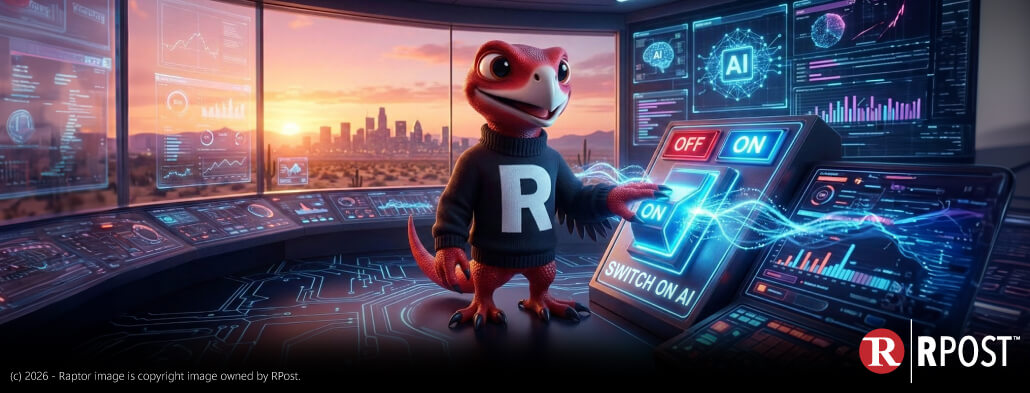
What do Napoleon, Robert Oppenheimer, and Abraham Lincoln have in common (aside from being famous)? Allegedly, they were all horrible multitaskers. In fact, multitasking, or the ability to deal with more than one discrete task at once, is not necessarily something we humans were ever naturals at.
For tens of thousands of years, we as a species were hard-wired to go deep on specific tasks like hunting, building shelters, painting caves instead of shifting our attentions to numerous different tasks at once. It was only in the digital age that we have been faced with the true challenge of multitasking. Our Neolithic ancestors would probably run in the other direction if they knew that their destinies were to balance answering emails with taking kids to soccer practice and sending fabric swatches to their spouses.
Now some new research is even showing that multitasking generally gets more difficult with age. Researchers found that older people have a more difficult time multitasking not because they have to devote more attention to a secondary task, but because their brains have a harder time disengaging from the secondary task and going back to the original one. The reasons for this are too complex and neurological to get into here, but if you’re really interested, this article really gets into it.
You’re probably thinking: “This is news? As I get older, I won’t be able to balance as many tasks that I really don’t even like doing in the first place”. The real news here has to do with two major trends effecting the developed world: 1) populations are getting older, and 2) technologies that can multitask for us are on the rise. Artificial Intelligence (AI) effectively is this new multitasking technology that will be helping us doing various tasks at once, and as the demand increases, the capabilities will increase too.
Earlier this year, we touched on AI in the Tech Essentials article, “No, RMail Recommends™ AI Will Not Take Over the World”. Basically, we argued that AI has a long (and dark) history in science-fiction but that it is now here in reality and has the potential to change lives for the better.
Learn More:
Our RMail Recommends™ feature actually has an AI component, and it uses predictive technologies at the point of sending, in the compose email interface, to automate recommendations for users to encrypt, send Registered Email™ messages, or send for eSign (or if it believes the action is logically required based on the user’s needs, it acts on it). RMail Recommends is a first-of-a-kind patent pending service that adds advanced logic, which automates compliance, assures greater use of productivity tools, and makes user training built in.
RMail Recommends™ and other new AI encryption automation features will be highlighted at our Optimize 2021: SMART eSign & E-Security virtual conference June 17, and we will be opening up registration as soon as next week! We hope you can join us so we can preview a world where you no longer may have to multitask and you can focus more deeply on tasks like conquering the world as other bad multitaskers have done.

February 27, 2026

February 20, 2026
.jpg)
February 13, 2026

February 06, 2026

January 30, 2026